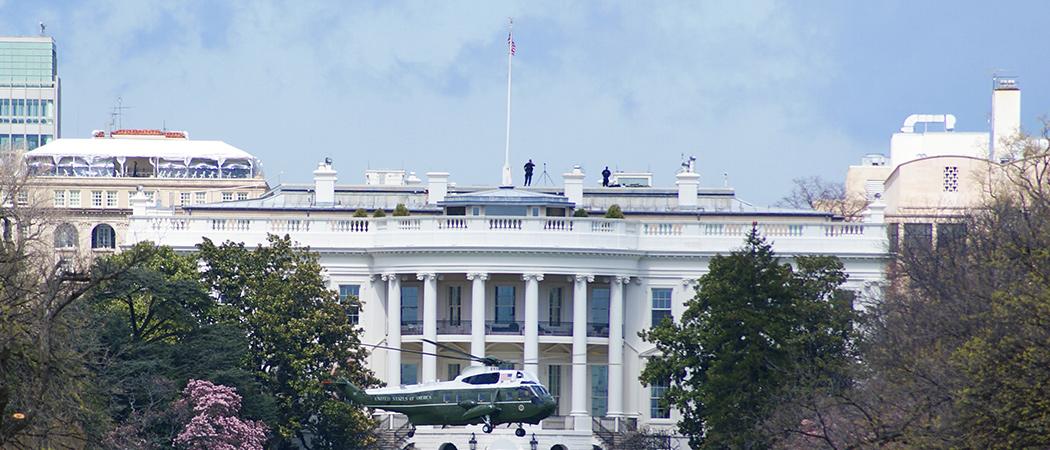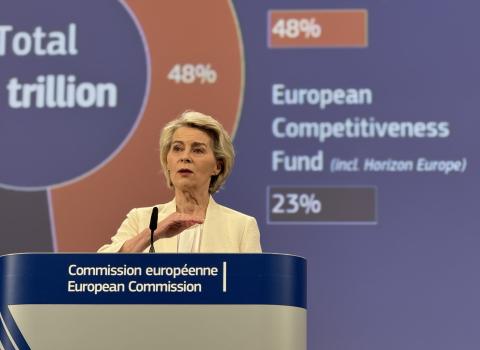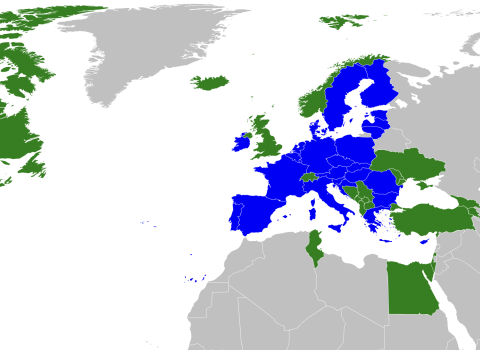
Over the summer, the European Commission quietly published draft terms for its Horizon Europe grants that, lawyers say, could make it easier for US and other non-EU researchers to join the programme. In response to questions from Science|Business, the White House Office of Science and Technology Policy issued this statement on 8 November. It was attributed to Cole Donovan, assistant director for international science and technology.
1. What is the US government reaction to any of this?
This is a welcome development. It will take some time for federal agencies and public research institutions to analyse these new rules, but we are encouraged by the European Commission’s willingness to enact policies and procedures that deepen Transatlantic science cooperation.
The United States is committed to more Transatlantic R&D cooperation. Whether we are fighting this pandemic while preparing for the next, building international science and technology strategies that align with our ambitious 2050 climate goals, or driving forward a sustainable global recovery, the United States and EU will be better able to address these challenges, and others, together.
2. What advice does it offer US institutions when considering Horizon participation?
International research consortia are complex undertakings because of the different legal systems, accounting practices, and cultural norms. For a successful international partnership, collaborators need to be flexible and mindful to one another’s policies and procedures, regardless of the funding instrument.
3. For the US, what is the goal and potential benefit of greater EU-US collaboration through Horizon Europe?
European Union researchers have always been natural partners for their U.S. counterparts. We are deeply committed to building back better the Transatlantic relationship, from basic research to cooperation on critical and emerging technologies. We would rather be first in discovery, together, than second or last, apart.
4. Additional comment:
We also hope the EU will take steps to re-open quantum and space programs to partnerships with U.S. scientists. Every year, the U.S. Government provides millions of dollars of direct financial support to many of the leading labs in Europe to advance the field of quantum information science and technology in both fundamental and applied research. Some of that effort has supported the development of European companies based on technologies developed in partnership with U.S. national laboratories.





 A unique international forum for public research organisations and companies to connect their external engagement with strategic interests around their R&D system.
A unique international forum for public research organisations and companies to connect their external engagement with strategic interests around their R&D system.